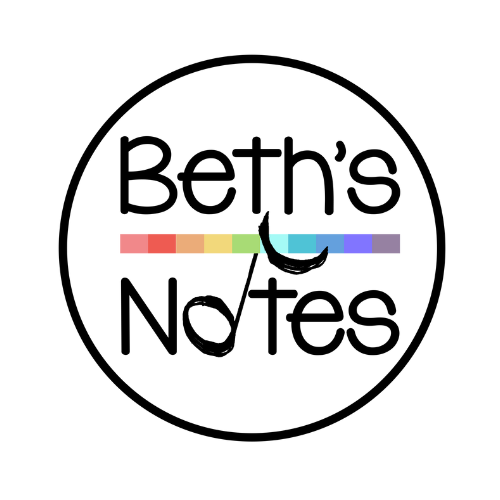Musicianship Through Music Literacy Skills
Dr. MICHEÁL HOULAHAN
As music teachers, we continually seek effective strategies to advocate for music education in our schools. While musical activities are valuable, there is a more impactful approach: nurturing musicianship through teaching music literacy skills. This blog post will explore why teaching music literacy as a core subject can be your greatest advocacy tool. Focusing on the development of musicianship and audiation skills, we can elevate the status of music within the school community and foster a deeper appreciation among teachers, principals, and administrators. Let’s dive in!
Why Use Music Literacy as an Advocacy Tool?
Why Use Music Literacy as an Advocacy Tool?
Recognizing the significance of music literacy, national and state standards for music educators emphasize its importance. When supported by current research and implemented effectively, music literacy positively impacts students’ academic performance and growth. It contributes to their cognitive abilities, emotional well-being, and social skills, fostering holistic growth. When we use research-based orientations to teach music literacy, we gain the respect of classroom teachers, principals, and fine arts administrators, positioning music as a core subject.
Music Literacy as an Advocacy Tool
Simplify and Focus Your Approach. Streamline your teaching by developing core songs and games for each grade that engage students in singing and playing instruments. When selecting pieces, borrow techniques from successful reading specialists, and use repertoire with similar stylistic features, such as form, rhythm, and melodic patterns. This consistency provides students with a framework for understanding musical structure so they develop more musical fluency.
Use a Sound to Symbol Approach. Teaching music literacy involves two approaches: sound music theory, used by commercial and global folk musicians, and sound-to-symbol music theory. In the sound music theory approach, students can be guided to analyze and describe repertoire by identifying the form and discussing exciting rhythms and melodies, dynamics, and tempos without using traditional music literacy symbols. The sound-to-symbol music theory approach introduces notation by associating rhythm syllables with sounds and solfege syllables with pitches occurring in four-beat phrases. This phonics-like approach develops students’ ability to internalize music, enabling them to perceive and interpret musical patterns, structures, and relationships.
Tips for Elevating Musicianship Through Music Literacy in the Classroom
The Myth of Activities-Based Teaching.
Often, music teachers feel compelled to entertain their students through activities-based teaching. These activities may not effectively develop music literacy; By prioritizing the development of musicianship skills through teaching music literacy, we lay a strong foundation for meaningful musical experiences and growth.
Curriculum Resources.
Challenge teacher myths and commit to adopting curriculum resources based on current research and best practices in music education. Incorporating the latest findings and evidence-based strategies ensures access to effective instructional methods grounded in approaches that foster music literacy.
Practical Assessment and Accountability.
Look for curriculum resources that promote musicianship over symbol fluency and provide tools for practical assessment and accountability. Assessing student progress in musicianship skills and holistic development will increase your credibility among classroom teachers and principals, allowing you to contribute meaningfully to discussions on students’ cognitive growth.
Showcasing Music Literacy
Learn from successful music teachers who showcase their student’s musicianship by demonstrating music literacy skills during music programs. By highlighting students musicianship, audiation, performance, literacy, improvisation, and listening skills, you elevate the significance of music within the school community.
Conclusion
Teaching music literacy to develop musicianship and audiation skills can become your ultimate advocacy tool. When you nurture these skills, you elevate the status of music education and foster enjoyment and admiration among students, teachers, administrators, and parents. We can provide students with a transformative musical education through a practical focus on music literacy.



